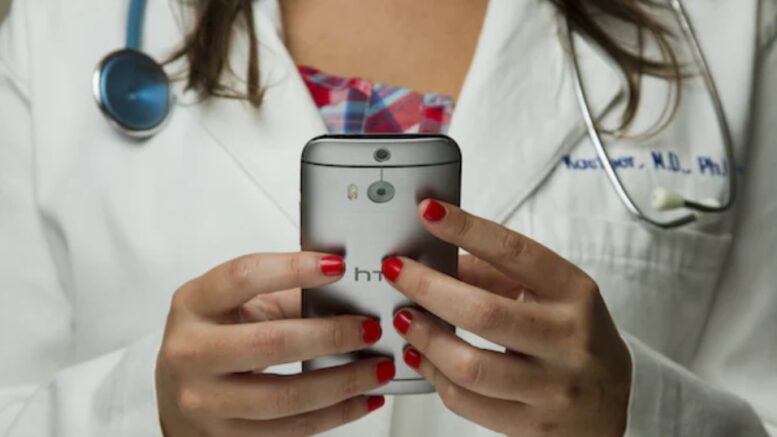The trend of recent years is the general digitalization of all industries and the transition to an online format of interaction. This approach has started to work even where it would seem impossible – for example, in psychology. Can mobile apps and new technologies help to cope with the problems?
Why were mobile psychological assistance applications created?
Mobile applications in the field of mental health preservation appeared not so long ago, but many of them have proven their effectiveness in overcoming difficult situations. Now smartphone users have access to a wide variety of types of psychological self-help: from teaching meditation to dealing with post-traumatic stress disorder.
For example, the Loona app promises to teach you how to fall asleep in a good mood, and Replica allows you to chat with a virtual friend and feel less lonely. There are even applications aimed at combating addiction to alcohol and nicotine.
New ways to check your health and solve an urgent problem are a very big step towards conscious personal development.
How apps help save you from depression and panic attacks
It should be noted right away that we are considering exactly applications of great medical and healthcare UI/UX design where a real psychologist is not involved. If the essence of the application is to connect you with a live specialist, then questions and doubts about the effectiveness of the service disappear, because a professional works with you, albeit in a remote format.
It is much more interesting to check fully automated solutions. Mobile apps are just a program adapted for smartphones, and they are very different from each other. The formats of psychological applications include thought diaries, emotion trackers, collections of articles, videos, audio meditations, and psychoeducation programs. Trackers, diaries, and meditation practices can’t replace anything – they are just separate tools. But some programs that are based on scientifically proven therapy algorithms may well perform the functions of a specialist.
In most cases, mobile self-help applications are based on two approaches:
Cognitive Behavioral Therapy (CBT) technique
The essence of the approach is the assumption that the basis of psychological and mental problems is an error in thinking, and, consequently, in actions. The system of cognitive behavioral therapy is aimed at changing the stereotypes, patterns of thoughts, and behavior that have developed in a person. This direction has been the main evidence-based approach and the gold standard of psychotherapy with very high efficiency for several decades.

The approach will help in therapy for depression, phobias, and panic attacks. The program can teach the users certain techniques and practices that can change their thinking and improve their well-being.
Using mindfulness practices
Mindfulness is a full-fledged presence of a person in all spheres of life, a minute-by-minute understanding of what is happening in thoughts, in life, in the body, and in feelings. Awareness is the key to living exactly the life that people want for themselves. Conscious presence does not come just like that, but it can be learned through practice and exercises.
The effectiveness of these practices has also been clinically tested. The applications themselves, as a rule, do not teach anything, but only help the user to concentrate their attention or relax.
Which applications have proven their effectiveness to date
We have collected several applications that have proven their effectiveness and the benefits of working with psychological health in the process of clinical trials.
- Chatbots with the first approach: Woebot, Wyse, and Youperm.
- Applications with the second approach (meditation): Calm and Meditopia.
Why mobile psychological assistance applications have become relevant
According to experts, about 75% of people who need psychological help do not receive it. Psychotherapy is still an element of luxury or a social prohibition for the majority of the inhabitants of our planet. Unfortunately, a large number of people in need of help are afraid of hospitalization, even if it does not threaten them, and are also afraid of possible publicity of the problem.
Applications help 100% anonymously, do not ask questions about personal data, and do not discuss users.
Mobile developments cannot yet completely replace professional help, but they can make it available to those people who either do not have the financial means to receive it or are shy and afraid to go to a living person with their problems. Applications are designed to help people realize the problem and try to cope on their own, but they are not universal.
“A psychologist in your pocket” is not a panacea for all problems, but an effective way to improve your personal psychological health, assess the mental state of the team, and reduce the company’s costs for a full-time psychotherapist. Use new technologies to your advantage.
